Three decades on from Port Arthur massacre, deal finally done on national guns register
Twenty-seven years after it was first agreed following the Port Arthur massacre, Australia’s leaders sign a historic deal to introduce a national gun registry.
Australia will finally get a new $250m national firearms register after the Albanese government struck a deal with the premiers and chief ministers to usher in the most significant federal gun control measure in decades.
A 27-year impasse over the register ended when Prime Minister Anthony Albanese agreed to bail out the states and territories and cover a substantial proportion of the costs associated with making the eight registers compatible with a new national database.
The reform – backed by police and gun control advocates – was first agreed to after the Port Arthur massacre in Tasmania in 1996, and promised again after two police officers and a neighbour were shot dead at Wieambilla in Queensland on December 12 last year.
The deal coincided with a major announcement from the Queensland Police and the FBI that they had arrested Donald Day, a 58-year-old US national, at a remote property in the Arizona mountains for allegedly inciting the religiously motivated attack at Wieambilla.
Target on Guns
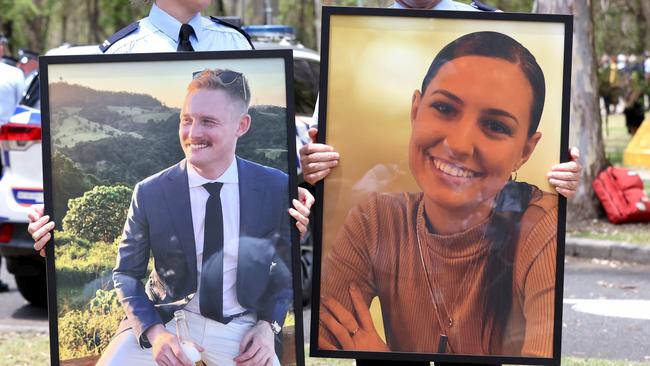
Extremists, crims, AVOs on guns register
A $250m national firearms register will have access to criminal records and family violence orders alongside details of guns and firearm licence holders.
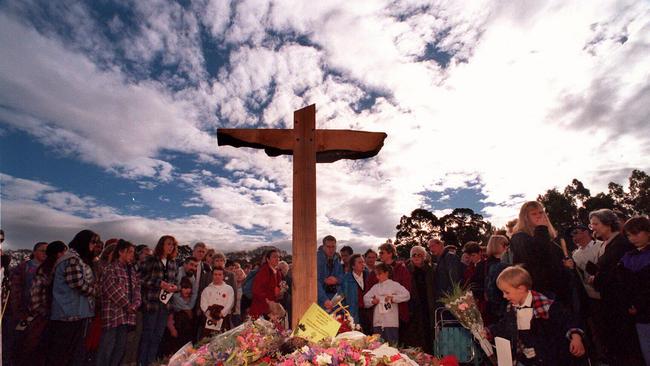
Firearms register win, as FBI nabs cop killers’ US contact
Twenty-seven years after it was first agreed following the Port Arthur massacre, Australia’s leaders sign a historic deal to introduce a national gun registry.
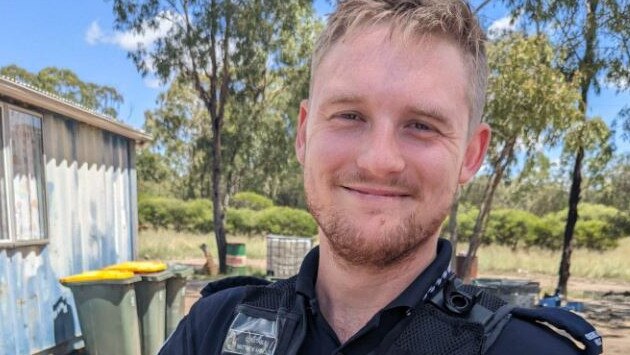
Nation’s leaders urged to do deal on gun register
Police and gun safety advocates urge premiers, PM to ‘show some fortitude’ on firearms ahead of the anniversary of the Wieambilla police murders.
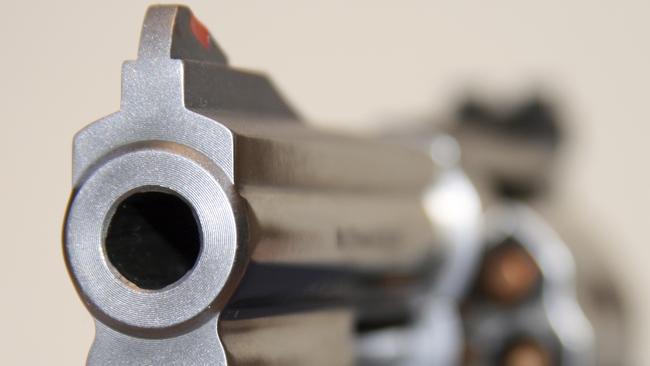
‘Red-flag cop-haters, sovereign citizens’ on firearm register
A national firearm register should include intelligence about licensed gun-owners who have been identified on social media as ‘police-haters’ or sovereign citizens.
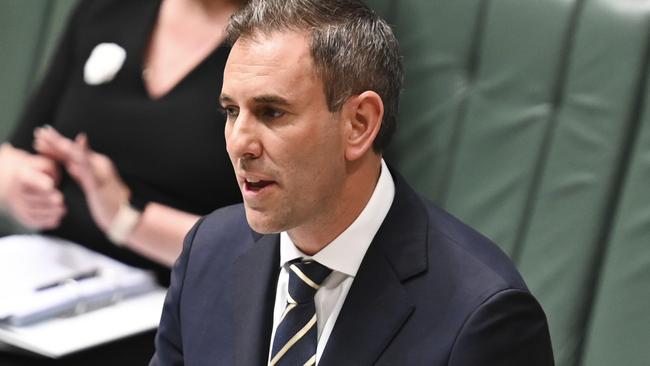
Fight over cash derails register
The national guns register has hit an 11th-hour roadblock with a blow-up between state and federal treasurers derailing plans to finalise a funding deal.
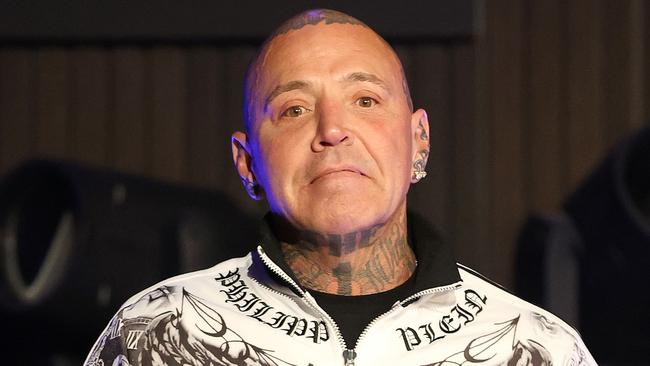
Delays give high-risk suspects 41-day start
No money, competing priorities: Victoria Police delays give high-risk suspects 41 days grace period before firearm prohibition orders are served.
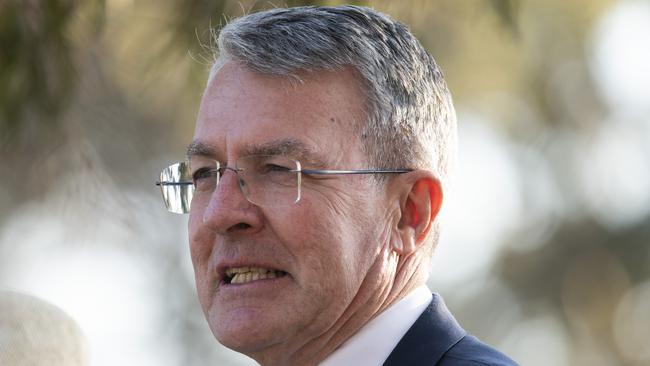
Firearms register ‘now within range’
Gun safety advocates say Australia’s state, territory, and federal governments have ‘never been closer’ to a deal on a national firearm register, 27 years after the Port Arthur massacre that first prompted calls for the database.
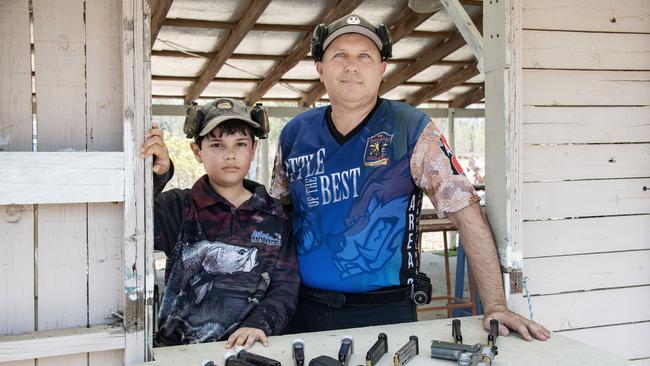
Young shooters aim for sporting success
Sport for some kids involves a ball or a racquet, but 12-year-old Quinn Coates-Marnane much prefers a pistol. The Cairns schoolboy is one of a growing number of children learning how to shoot competitively.
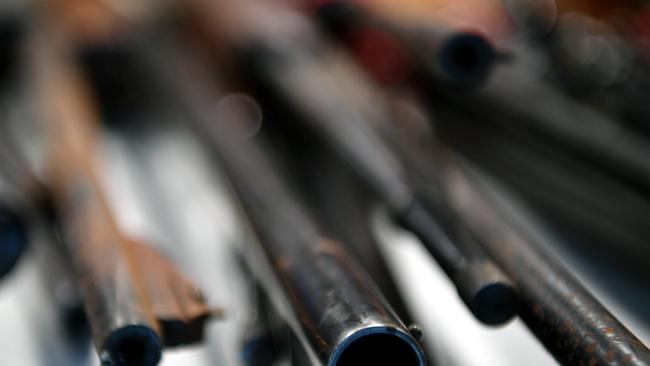
‘Ridiculous’: Police slam failure to act on guns register
An Australian-owned and operated company built New Zealand’s new national firearms database, prompting police advocates to ask why the same can’t be used domestically.

Victoria cries poor on guns, asks Canberra for help
Victoria has joined smaller jurisdictions asking Canberra for financial assistance to upgrade old state firearms registers to make them compatible with a real-time digital national gun database.
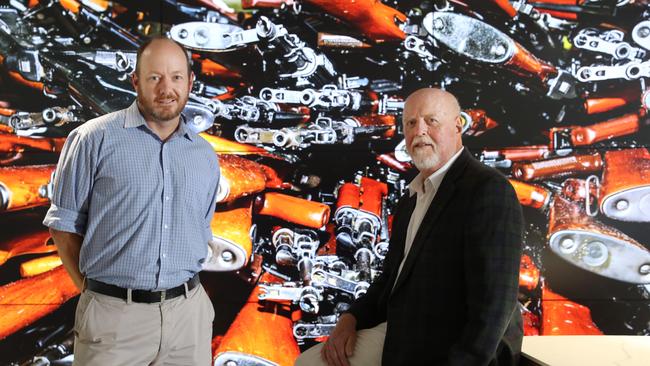
Aussie-made arms register controls guns abroad – why not here?
A low-cost simple-to-use system known as ArmsTracker is operational or being installed in countries across the globe. But its creators say it wouldn’t suit Australia because ‘they wouldn’t trust anything less than $2m’.

$30m slug to sign up to firearms registry
Smaller states and territories could be slugged with a bill of $30m each to join a national firearms register and are increasing pressure on the federal government to pay for the new digital guns database.
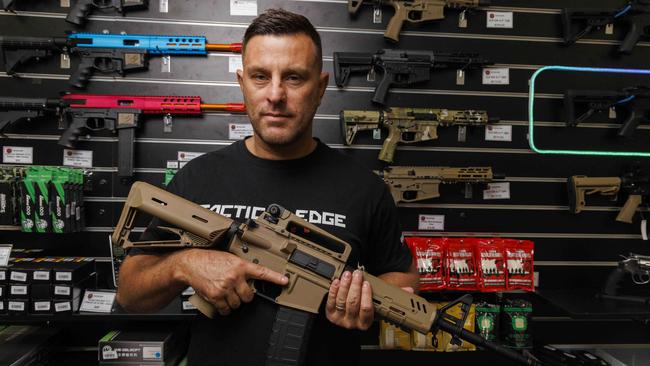
Pressure on state to ban replica ‘gel blasters’
Gun control advocates urge Queensland to follow the rest of Australia and ban gel blasters instead of labelling them toys.
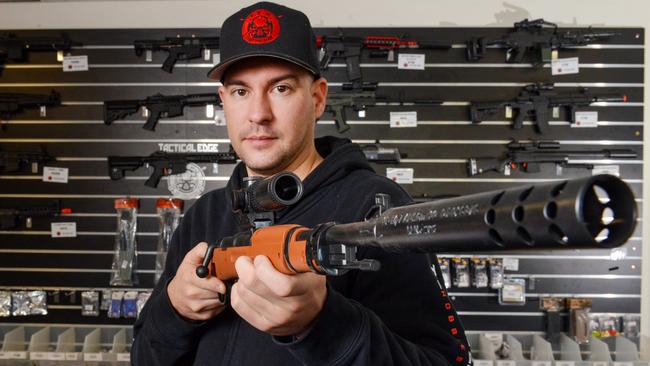
20 years’ jail for firing this ‘toy’? It’s ludicrous, blasts judge
In every other jurisdiction except Queensland you need a gun licence to wield this recreational weapon. Has the rest of the country got it wrong?
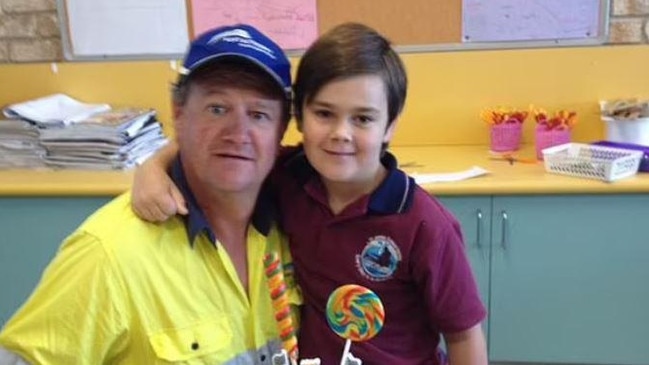
States resist health check for licences
Every state and territory except WA is resisting calls from coroners and advocates to introduce mandatory mental health checks before gun licences are granted.
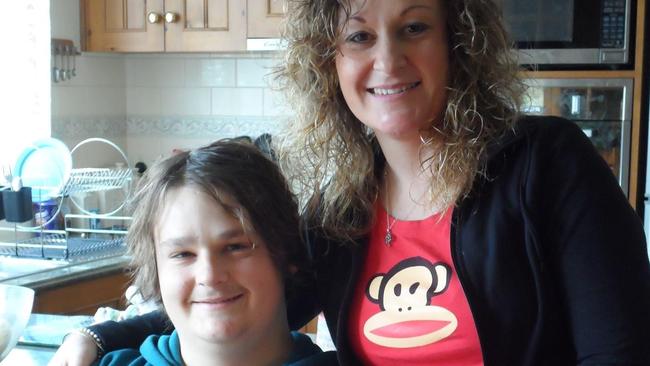
Grieving mother’s lament: Why did police let my son have a gun?
Just days after his 20th birthday, Robbie Lawrence unlocked his double-barrel 12-gauge shotgun from his father’s gun safe, drove to a remote bush track in regional Victoria, and killed himself.
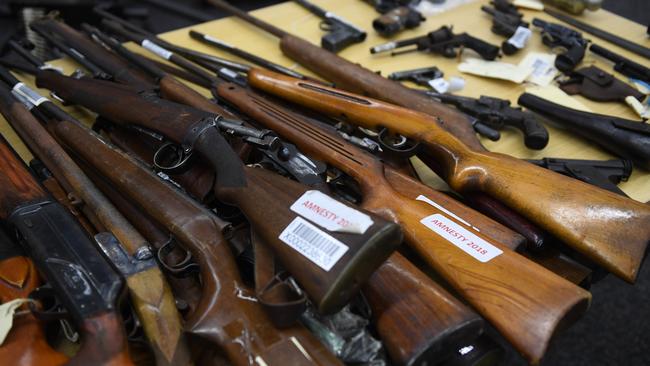
Legal guns near four million in Australia
The number of registered guns in Australia approaches four million for the first time, but ownership rates remain low, with a 48 per cent decline since the National Firearm Agreement in 1996.
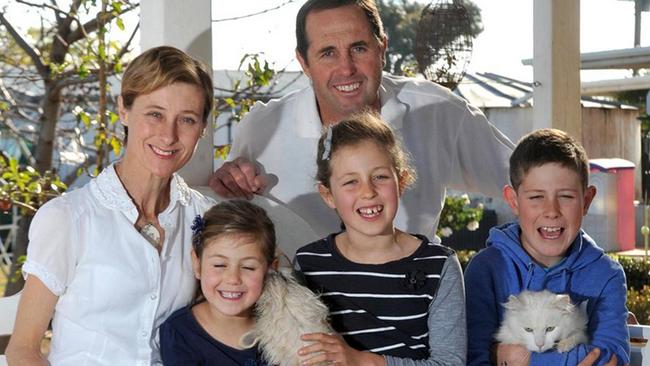
The forgotten victims of legal guns
Children, grandchildren and partners are the main victims of homicides carried out by licensed shooters, as lawful gun owners turn their registered weapons on those to whom they are closest.
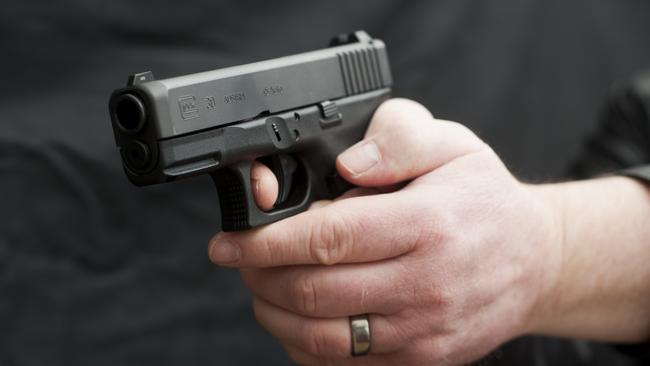
Coroners warn on shooting range suicides
Most of the nation’s shooting ranges are not required to install bulletproof barriers or lifesaving tethers for guns used by unlicensed shooters, despite coroner warnings after the suicides of at least 11 people.
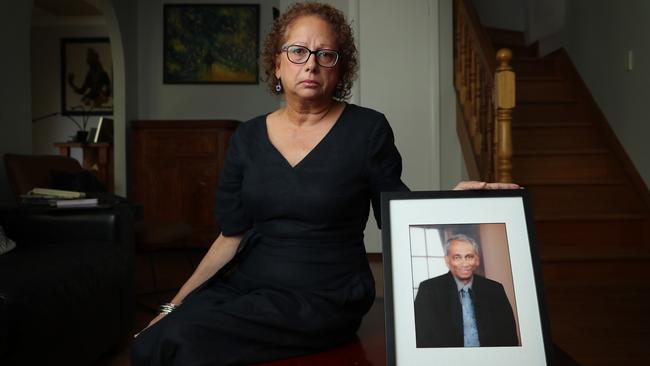
Shockwaves after daughter lures her dad to a violent death
It’s been 13 years since Di Bonarius’s sister shot their beloved father dead after stealing a gun from a pistol club, but the traumatic aftershocks of the violence are still shaking her family.
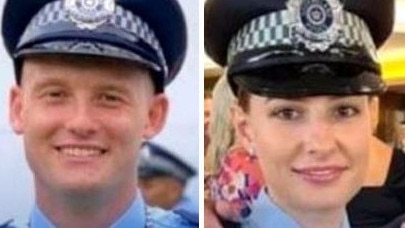
Inquest costs met for cops’ families
The families of the two murdered officers will have union-funded lawyers to represent them at the inquest, as one family expresses concern about some actions of Queensland police.

Christian extremist terror hit not enough to deliver gun register
Nearly a year after constables Matthew Arnold and Rachel McCrow and good Samaritan Alan Dare were gunned down at Wieambilla, bureaucratic inertia and a fight over funding has stalled the process.
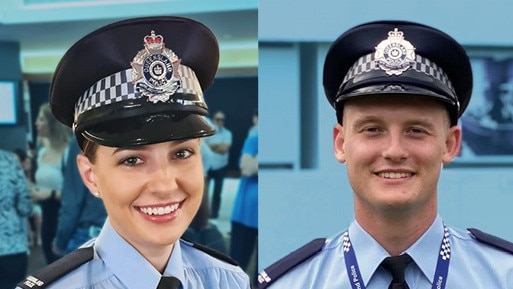
Young cop’s execution caught on body cam
Sniper’s lairs, battery-powered security cameras, and the cold-blooded execution of a young constable captured by her own body-worn camera: what really happened during the bloody Wieambilla ambush.
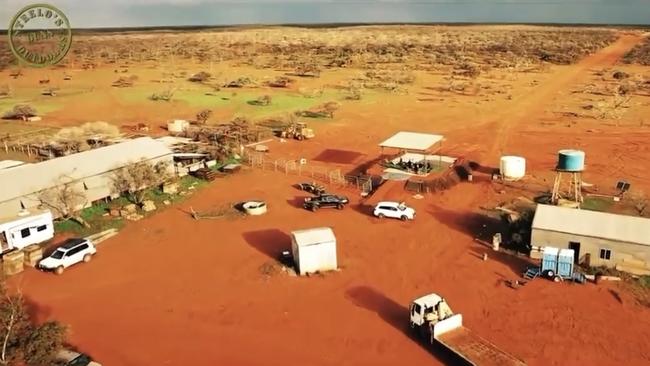
New laws were a killshot for Ella Valla station. Then Andrew Forrest swooped
For years, tourists would come to Shane Aylmore’s remote cattle property in WA, paying huge sums to fire enormous long-range weapons into the outback. In just one night, it was game over.
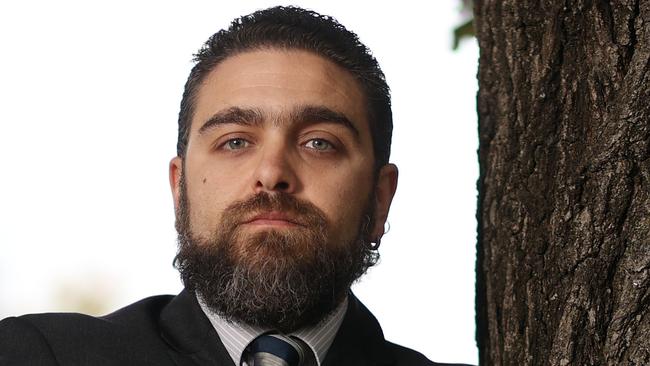
Gun, data reforms ‘would save cops’ lives’
‘Real time’ information would enable police to do a proper risk assessment before entering a property.
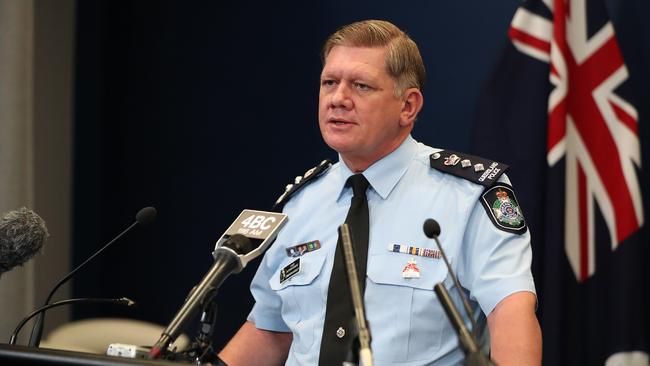
Outdated registry ‘is a threat to police’
Queensland’s firearms registry is still not fit-for-purpose and is putting police officers and the general public at risk, nearly three years after a warning from the auditor-general.
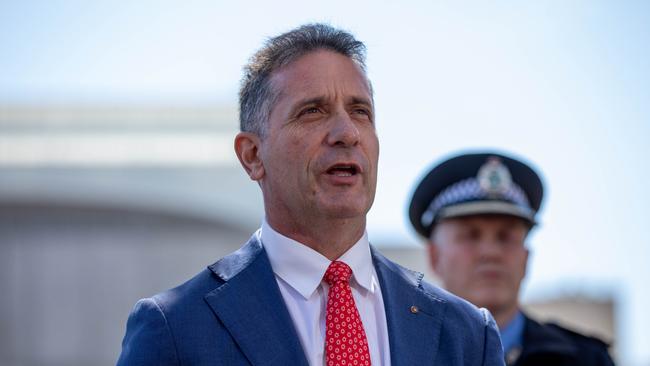
Up to 130,000 WA guns off the street
WA will become the first Australian jurisdiction to limit how many firearms a shooter can legally own, as the Labor government wants to slash the number of legal guns by about one-third.
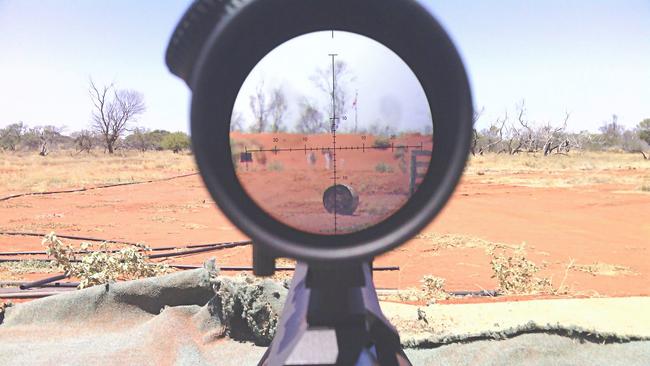
Federation fail: Patchwork of laws keep sniper rifles on our streets
High-powered .50 cal guns banned for being too dangerous by some states are legal over the border, as states and territories fail to harmonise gun laws or agree to a national gun registry.

Conspiracy theorists and Christian extremists Gareth, Stacey and Nathaniel Train carried out the deadly ambush on constables Matthew Arnold and Rachel McCrow, as well as neighbour Alan Dare, at the off-grid block more than 300km west of Brisbane. Nathaniel had a suspended Queensland gun licence but it had not been confiscated from him, and he had guns “co-registered’’ in NSW and Queensland.
Mr Day had allegedly been sending Gareth and Stacey “Christian end of days ideology” material from May 2021 until the attack, after he and Gareth connected on YouTube. After they killed the officers and Dare, Gareth and Stacey filmed a YouTube video in which they told “Don” they loved him and they would “be home soon”.
Wednesday’s national cabinet announcement follows The Australian’s Target on Guns investigation, which revealed the negotiations had been stalled for months by the funding fight, and were hamstrung by inconsistencies in gun laws across the country.
Mr Albanese said the decision, made over dinner with state and territory leaders on the eve of the meeting, completed the reforms begun by former prime minister John Howard in 1996.
The Prime Minister said the register would address “significant gaps and inconsistencies with the way firearms are managed across all jurisdictions”.

Gun safety advocate and the face of the Port Arthur tragedy, Walter Mikac – whose wife Nanette and daughters Alannah, 6, and Madeline, 3, were killed – said he was “very pleased” at the result, albeit many years after his family was murdered.
“Although it has taken nearly 27 years, I am very pleased that the final part of the National Firearms Agreement has been agreed to,” he told The Australian.
“Australia is certainly a safer place than in 1996 when it comes to firearm violence. The bipartisan leadership shown in 1996 is on display again in 2023 when leaders around the country can come together in the interests of public safety.”
“Thanks to the Prime Minister and Attorney-General for driving this process, and all premiers and chief ministers for getting behind the national firearms register.”
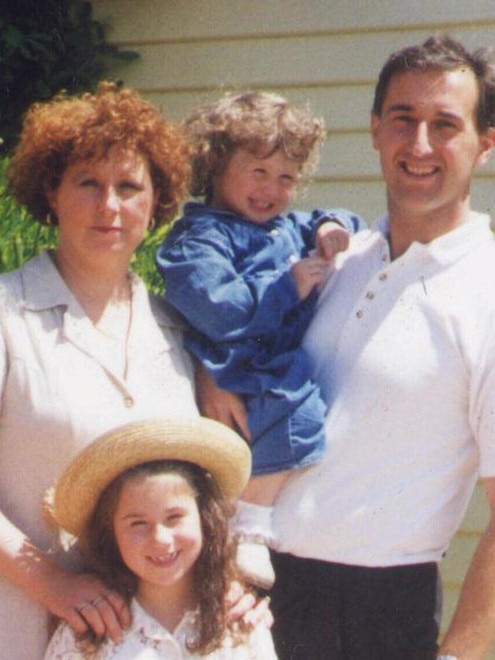
Negotiations had been at a stalemate after smaller jurisdictions Tasmania, the ACT, Northern Territory and South Australia – as well as Victoria – demanded federal financial help to upgrade their ageing and often paper-based registries.
The Australian understands the federal government will split the “uplift cost” of joining the new national database 50-50 with Queensland, NSW and Western Australia, while Tasmania, South Australia, the ACT and the NT will get 75 per cent from the commonwealth. It’s unknown which category Victoria will fall into.
“This represents the most significant improvement in Australia’s firearms management systems in almost 30 years and will keep Australia’s first responders and community safer,” Mr Albanese said.
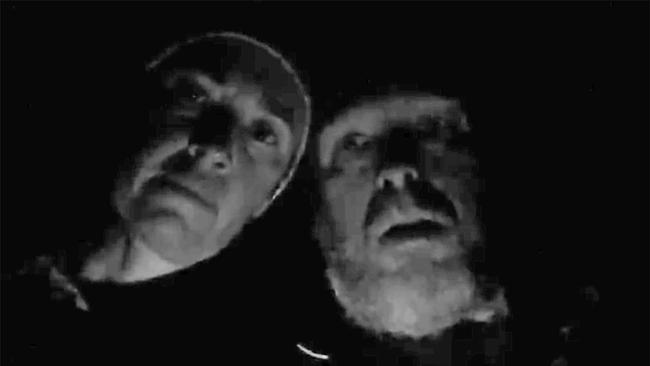
Queensland Police Union president Ian Leavers – who led the renewed push for a registry – said the sharing of information across Australia “in a format every jurisdiction can understand” was the key to keeping the police and the community safe.
“I am proud of this achievement today. I thank all those leaders who have helped turn my vision into a reality, and I hope it will be a legacy that will continue to keep people safe long after we have all retired,” Mr Leavers said.
Australian Federal Police Association president Alex Caruana said the funding agreement would be welcomed by every police officer and first responder in the country, and the database was about providing potentially lifesaving information, not “taking firearms away from people”.
“Police in an operational environment will immediately know if a suspect or offender has a firearm or firearms registered to them. This information will allow police to make decisions regarding public and officer safety almost immediately when dealing with a situation,” Mr Caruana said. “(And) if the suspect or offender travels interstate, police in that state will immediately be able to access the information without having to wait for a cross-jurisdictional process that can take many hours.”
The new registry will likely rely on all jurisdictions agreeing on national definitions for guns, ammunition, and weapon parts to ensure intelligence can be communicated seamlessly. It will also allow gun dealers to instantly verify whether a gun-buyer’s licence is valid and include an alert system for suspicious events or high-risk people, including for rejected, suspended or cancelled licences.
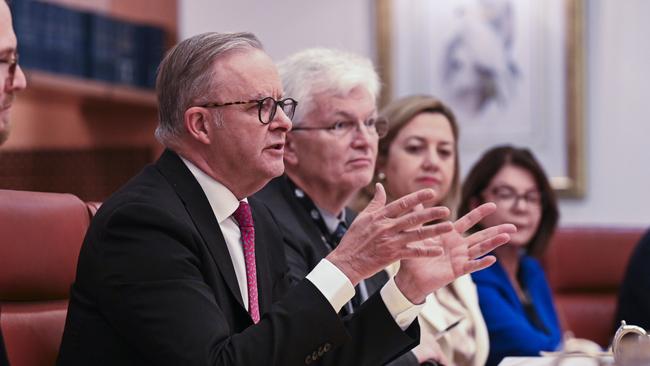
Nathaniel Train, a former school principal, had his Queensland gun licence suspended in August 2022 after he illegally crossed the state border during Covid lockdowns in December 2021. He dumped two of his registered guns at the border; two more were found when police raided the Wieambilla property after the shootings.
It was later revealed his weapons were co-registered in NSW and Queensland. Queensland coroner Terry Ryan is investigating whether there was a communication breakdown between the states’ police forces.
Queensland Premier Annastacia Palaszczuk, who put the firearm register on the national cabinet agenda in February, said as the one-year anniversary of the tragedy approached it was “going to be a very, very sad day for their families, so to have that reform is absolutely critical”.
Shooters Union Australia president Graham Park said he welcomed “the instant interchange of information between jurisdictions” and thought it was “long overdue, but questioned whether it would cost only $200m “given the near-inevitability with which large-scale government projects go over budget”.
“We’re also surprised by the time frame – if this is such a pressing issue of national importance, why is the time frame for implementing it almost 2030?”
Mr Park said all states and territories should adopt the system being used by NSW.



To join the conversation, please log in. Don't have an account? Register
Join the conversation, you are commenting as Logout